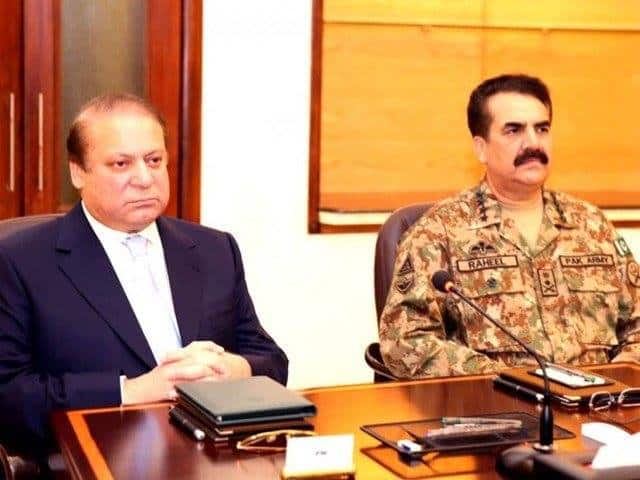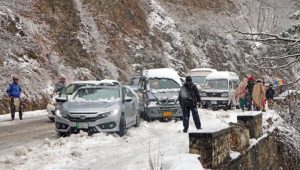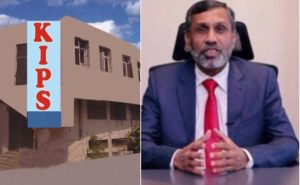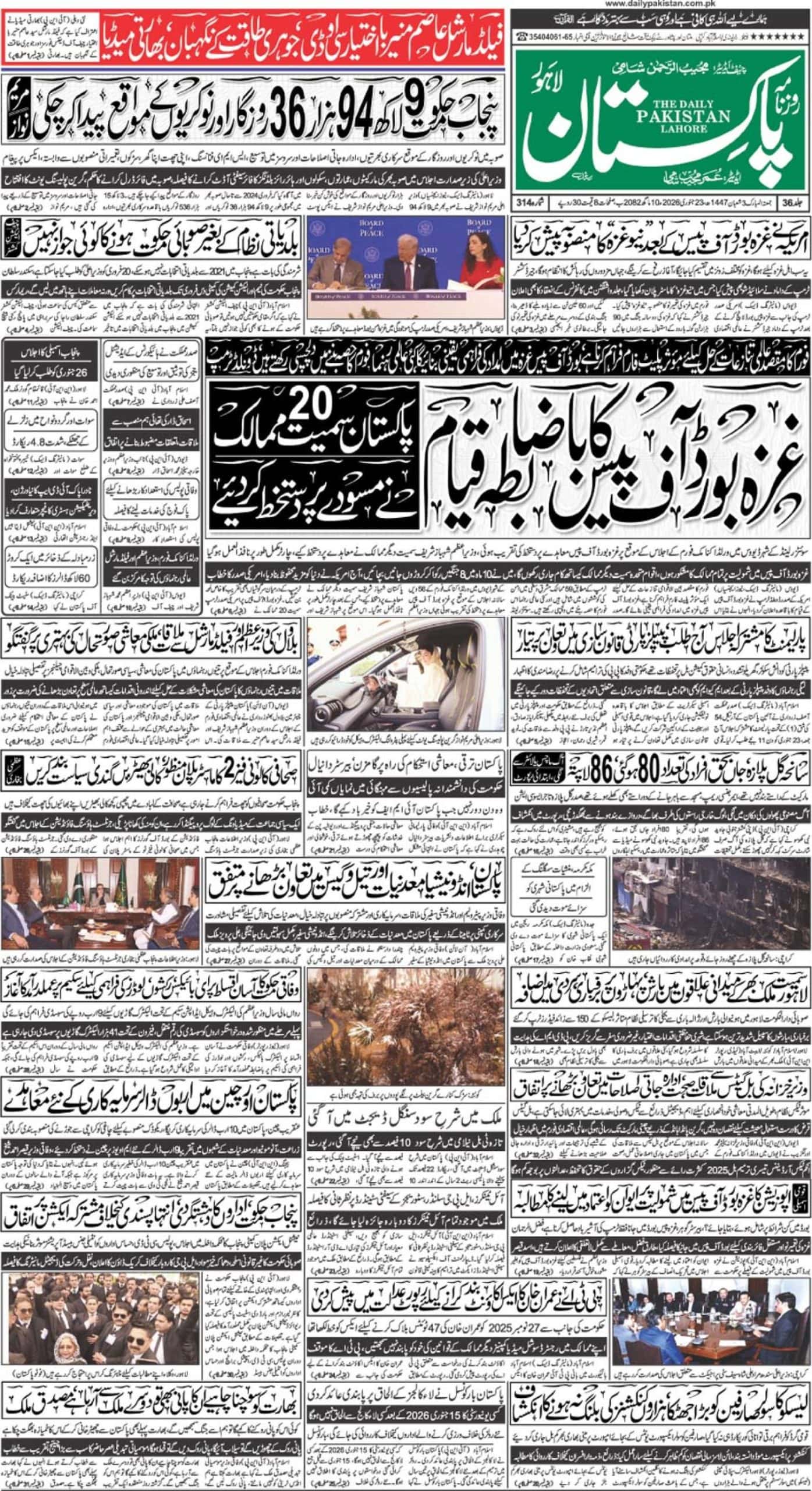ISLAMABAD (Web Desk/APP) – Prime Minister Nawaz Sharif on Tuesday arrived in Kabul on a day-long official visit to Afghanistan on the invitation of Afghan President Ashraf Ghani.
The prime minister and his accompanying delegation was received at the airport by Afghan Foreign Minister Salahuddin Rabbani and Minister of Finance Eklil Ahmad Hakimi.
The prime minister is accompanied on this visit by the Advisor to the Prime Minister on Foreign Affairs Sartaj Aziz, Chief of Army Staff (COAS) Gen Raheel Sharif, Special Assistant to Prime Minister on Foreign Affairs Syed Tariq Fatemi, Foreign Secretary Aizaz Ahmad Chaudhry, Director General (DG) Inter Services Public Relations (ISPR) Major Gen Asim Bajwa and other senior officials.
This is the prime minister’s second visit to Afghanistan and the first after the installation of the National Unity Government in Kabul. Earlier, the premier visited Afghanistan on November 30, 2013.
“PM and COAS leave 4 Kabul with civil-military delegation. An unprecedented delegation filled with optimism for common peace and development with our brothers,” ISPR Director General, Major General Asim Saleem Bajwa earlier said on Twitter.
During the visit, the Prime Minister will meet President Ashraf Ghani, who will also host a lunch for the Prime Minister.
Other engagements of the Prime Minister will include a meeting with the Afghan Chief Executive, Dr. Abdullah Abdullah and delegation-level talks with the Afghan side.
Building close cooperative relations with Afghanistan is a high priority in Pakistan’s foreign policy and a vital component of Prime Minister Muhammad Nawaz Sharif’s vision of a “peaceful neighbourhood.”
The Prime Minister’s visit is taking place at a time when bilateral relations between the two countries are underpinned by unprecedented warmth, mutual trust and a shared vision of working in lockstep to build a peaceful and stable region.
The Prime Minister’s visit to Afghanistan would further strengthen the positive momentum in bilateral relations and help intensify common endeavours in the pursuit of durable peace, stability and prosperity in the region.














